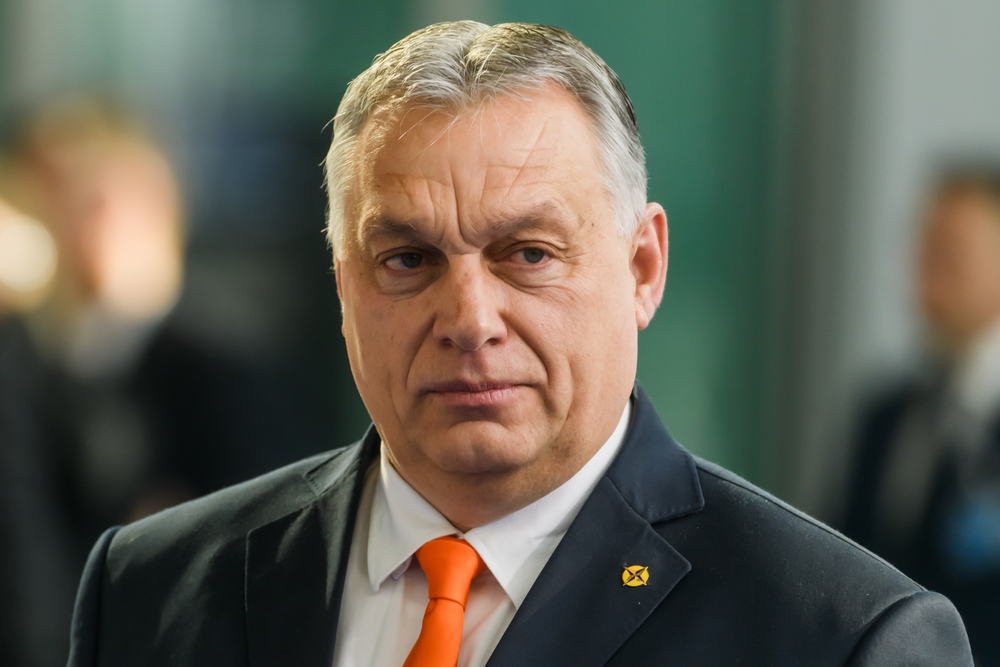Political leaders across Western Europe are beginning to jump on trends set by Hungarian Prime Minister Viktor Orbán, particularly on the pressing issue of tackling illegal migration, an Austrian news outlet has claimed.
According to an article published on Tuesday by Zur Zeit, Europe is starting to change course and wake up to the fact that secure borders are fundamental to a functioning society.
“The much-maligned fence on Hungary’s border is becoming a role model for everyone,” the news outlet states, adding that the change in tack by the European Union, which announced in February it would approve funds for member states with external borders to reinforce their “border infrastructure,” will likely continue in the lead up to European elections next year.
The news outlet quoted Manfred Weber, the leader of the European People’s Party in the European Parliament who recently confirmed the European Union is warming to the border security long advocated by Hungarian Prime Minister Viktor Orbán and political leaders in Greece, Bulgaria and the Baltics.
[pp id=73809]
“If there is no other way to stop illegal immigration, we must be prepared to build fences,” Zur Zeit quoted Weber as saying, contrasting his new position with his previous endorsement of former German Chancellor Angela Merkel’s “willkommenskultur” (welcome culture) and her plans to “build bridges instead of walls.”
The article said there has been a sway in public opinion against Germany’s “ultra-left” liberal government, which it claims has long dictated the agenda, as evidenced by the election of Giorgia Meloni in Italy, who has vowed to tackle illegal immigration, albeit her efforts so far have disappointed.
Zur Zeit also references Emmanuel Macron who it claims “has also opposed the German line even more in recent weeks,” suggesting the French president “has nothing to lose” given his recent dip in support “and is now striving for smaller victories for himself and France” on migration. His attempt to use China to bring Russia and Ukraine to the negotiating table also brought the French president further in line with Orbán’s longstanding call for peace.
A tougher French approach to illegal immigration would certainly be welcomed by many across the nation with a recent BVA France study revealing that 69 percent of French respondents believe “there are too many immigrants in France today.”
[pp id=72406]
Zur Zeit claims that at a relatively quick speed, policies adopted by the Hungarian government in relation to tougher borders, the protection of European interests, and an expedited peace agreement in Ukraine to prevent further bloodshed “have almost magically changed from the devil’s work to generally acceptable measures” among Europe’s elite.
“After Meloni, Weber, and Macron, others are now following Viktor Orbán’s path,” the Austrian news outlet states.
“If this trend continues, the Hungarian prime minister, previously dismissed by Europe’s elite as anti-human, authoritarian, and pro-Putin, will gain mainstream support ahead of the next elections. One can hope so,” it adds.






